

|
Upper secondary school
The upper secondary school curriculum is ambitious. They consolidate what has been learnt at lower secondary school, ensure the transmission of solid subject content and contribute to the intellectual development of pupils. The syllabuses enable the construction of a common literary, historical, humanist and scientific culture. They provide pupils with the keys to understanding the world in which they live: the evolution of societies, cultures and policies, the different phases in their history, and the actions and decisions of those involved. |
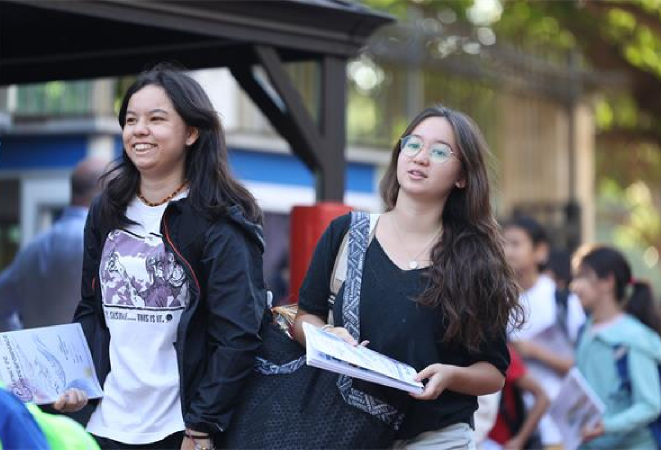 |
The science syllabuses are based on theoretical concepts and teach students about the unique nature of scientific reasoning. They aim to help pupils understand the specific nature of scientific knowledge, in terms of its practices, methods and social issues. They aim to stimulate pupils’ creativity and their ability to construct rigorous reasoning, to exercise their critical faculties, and to consolidate their civic education so that they become responsible and free citizens, aware of both their rights and their duties. The syllabuses encourage pupils to understand the conditions for their intellectual, social and political emancipation.
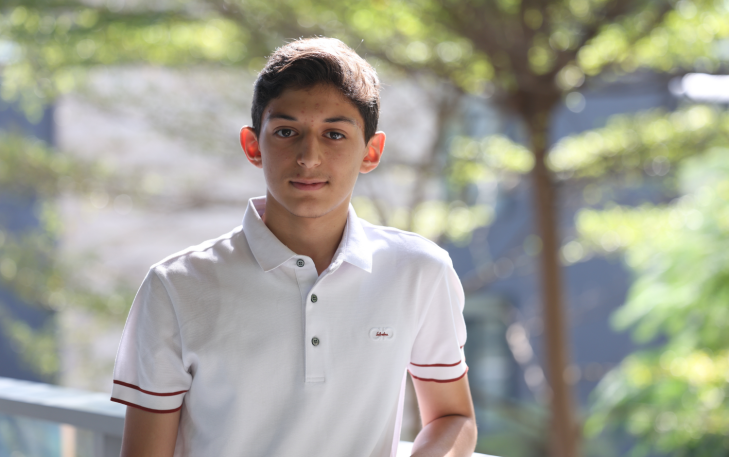 |
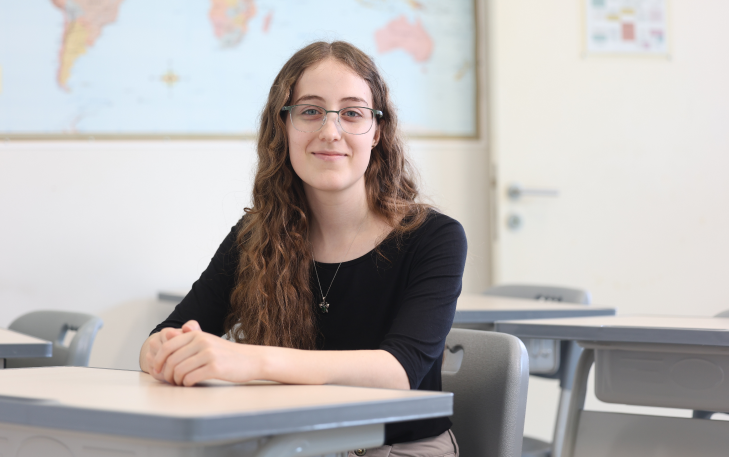 |
The teaching of economic and social sciences, which is common subject to all pupils in Grade 10, and then in specialised subjects, reinforces the microeconomic approaches needed to understand the fundamental mechanisms of the economy. A new place for digital technology. ‘Digital Science and Technology’ for Grade 10 provides an understanding of the concepts of digital science, the growing importance of digital technology and its major impact on human practices. The special subject “Numerics and Computer Science” for Grade 11 aims to help students grasp the concepts and methods underlying the scientific and technical aspects of computer science.
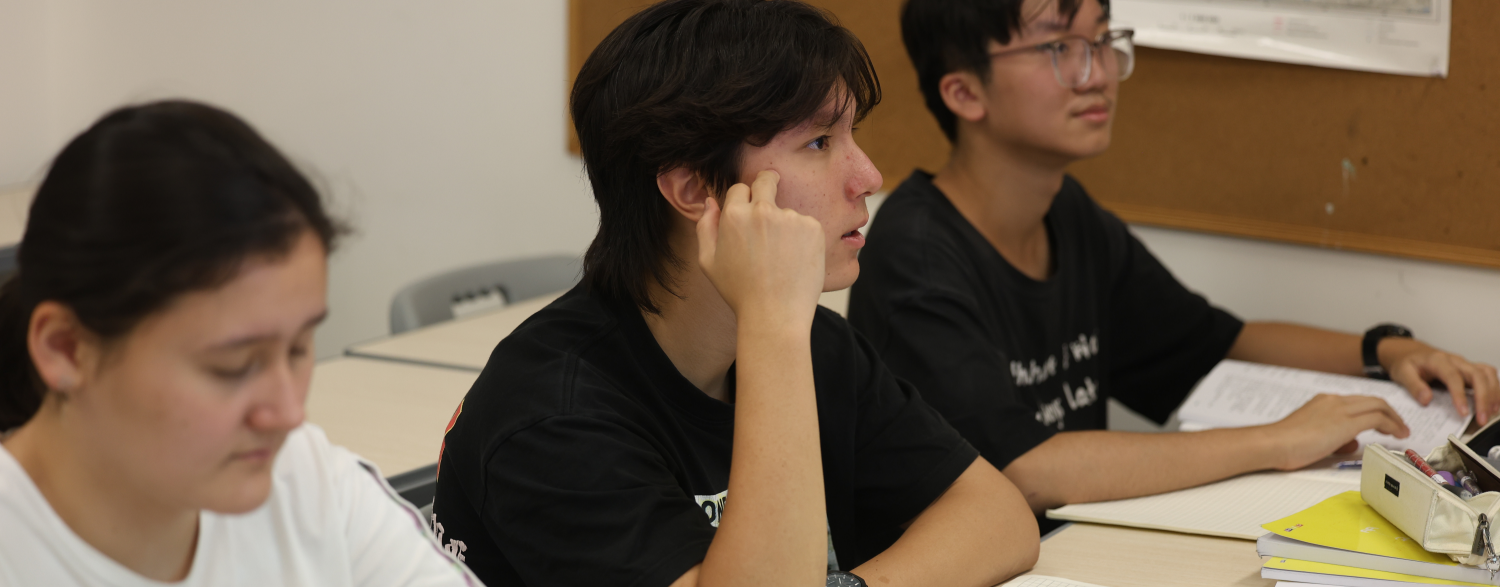
Some courses offer new multi-disciplinary approaches: common science teaching for Grade11, speciality courses in “Humanities, Literature and Philosophy” and “History, Geopolitics and Political Science”. They allow students to take a cross-curricular look at major cultural issues and knowledge of the contemporary world.
The curricula give a new place to the mastery of language and the development of oral skills, in particular through the practice of argumentation. While these skills are worked on in all lessons, they take on a particular importance in specialised lessons for students who have to prepare for the final oral test of the French baccalauréat.
In modern languages, as well as consolidating their linguistic and communication skills, pupils deepen their knowledge of the geographical and cultural areas of the languages they are learning.
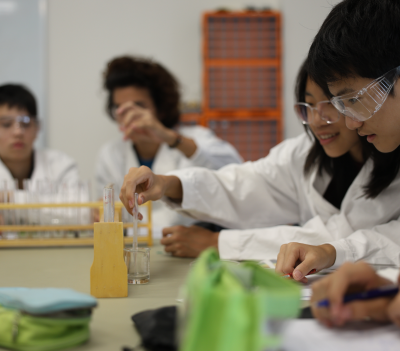 |
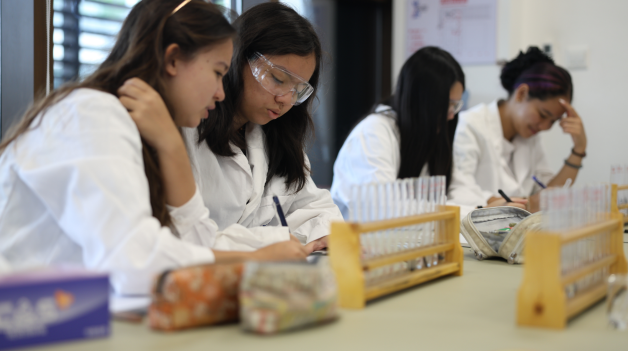 |
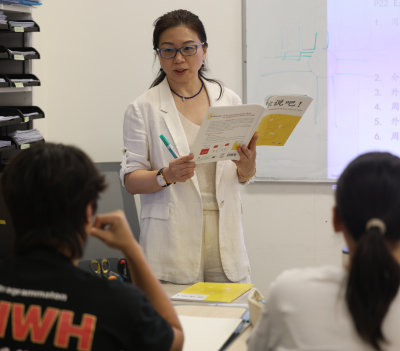 |
The curricula seek to strike a balance between the various learning periods: time for research, activity and manipulation; time for dialogue and exchange, verbalisation and reasoning; experimental practice and modelling activity.